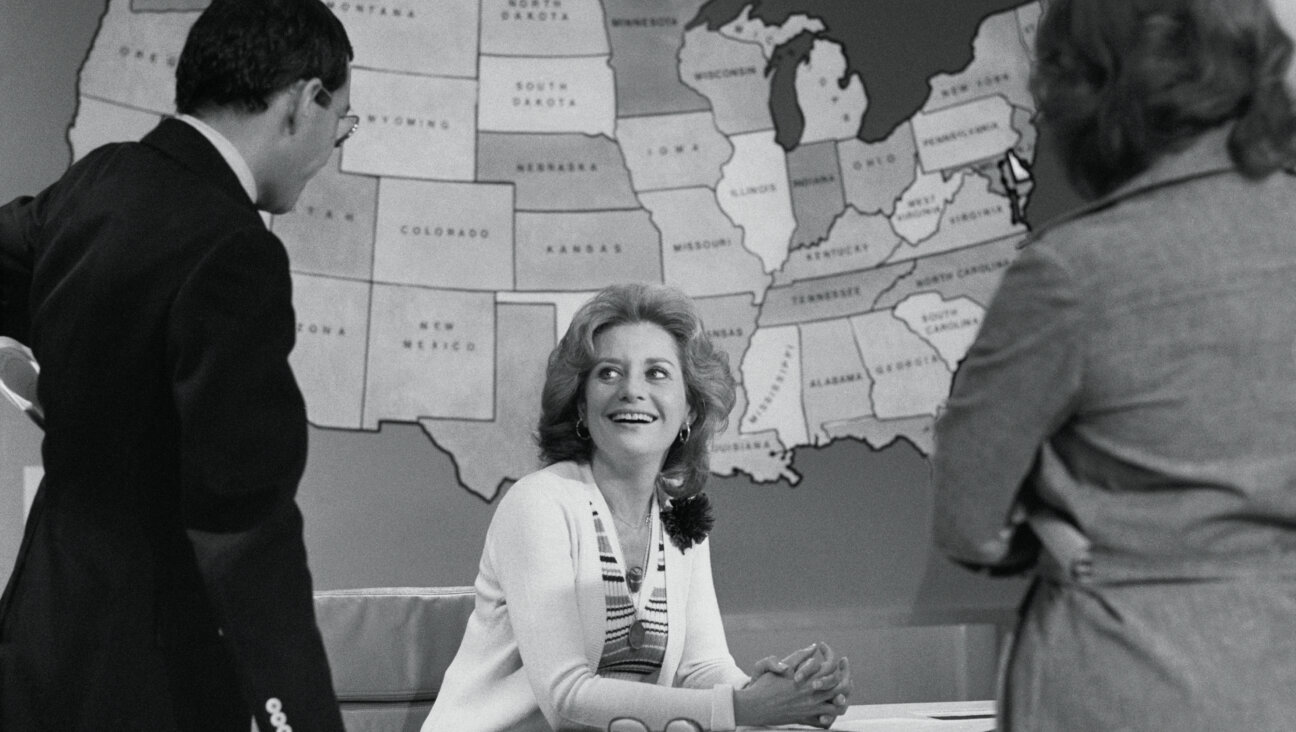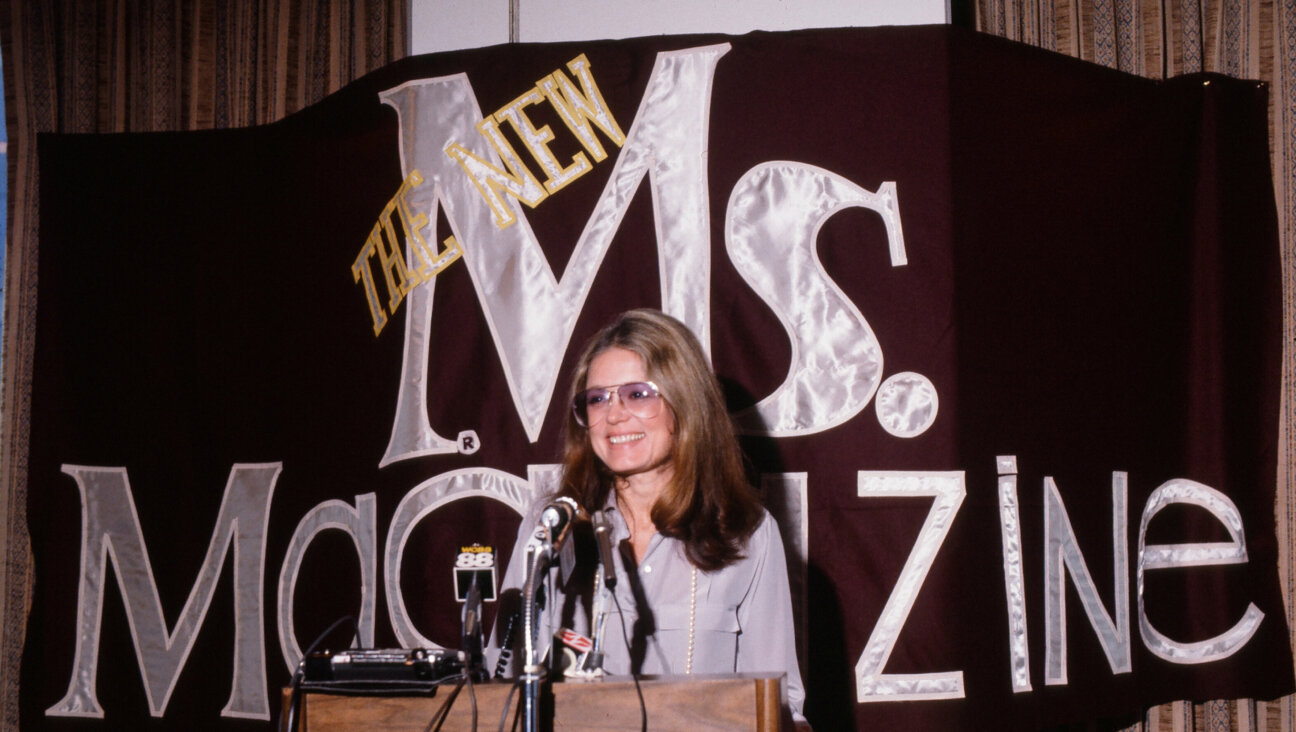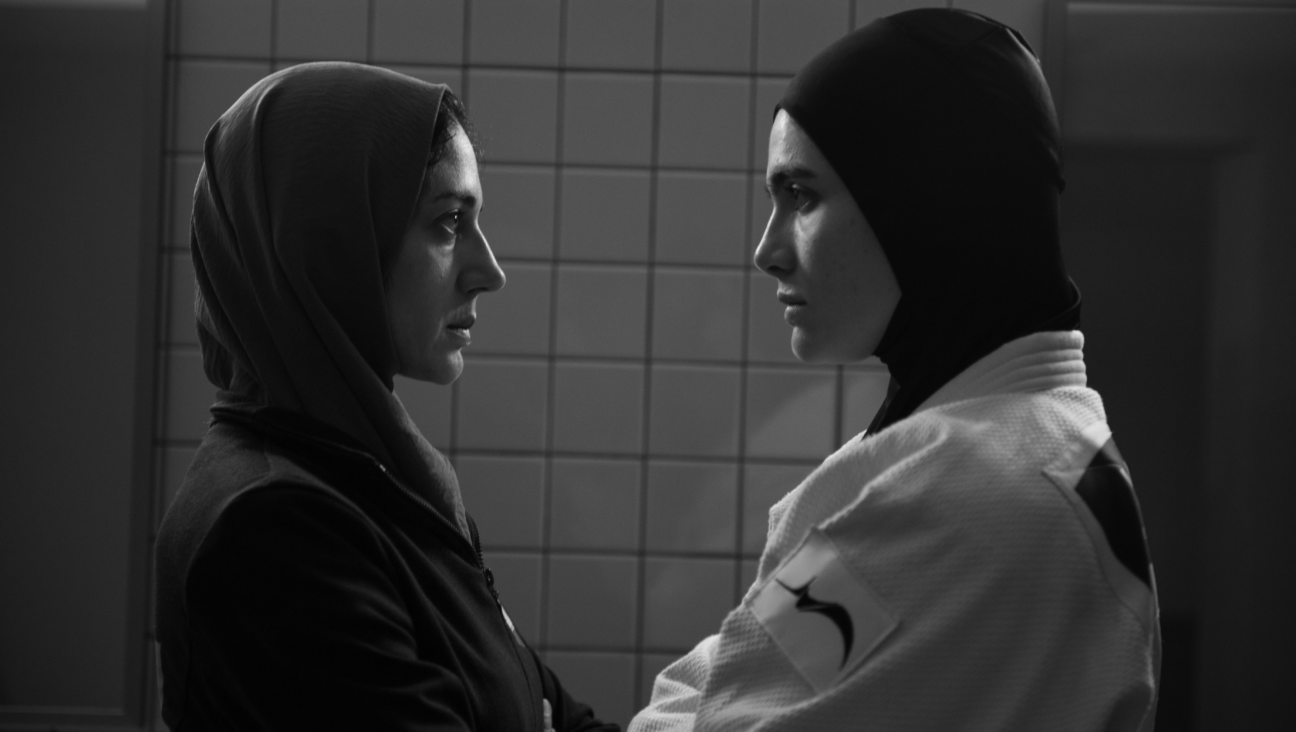Should We Expect More From ‘Downton Abbey’ Than Whitewashed Anti-Semitism?

Image by Courtesy of PBS
I have a confession: I am completely, utterly addicted to Downton Abbey. It might go against my progressive politics, or , but – let us tell the truth – it is a soap opera in gilded clothes.
The sixth and final season is about to premiere next month in the United Kingdom (Americans will have to wait until January), and I myself am looking forward to seeing if any of my predictions about the end of this guilty pleasure of mine turn out to be accurate once the season comes “Stateside” in January. Some of these are the concerns of most fans – will Lady Mary Crawley ever remarry?
Some, however, are more specific: to be exact, I am curious about the portrayal of Jewish characters and anti-Semitism on the notoriously anachronistic and whitewashed show.
Downton, surprisingly, does have a few Jewish or part-Jewish characters. The most prominent of these is, of course, Cora, the Countess of Grantham, who was born to a Jewish father in the United States all those years ago in the Downton-verse. Then there is Atticus Aldridge, the dashing banker’s son (note the stereotype) that Lady Rose, the dilettante blonde bombshell of the series, falls for and marries in a not uncontroversial ceremony. Of course, the associated family members of both also come into play — with some minor crises. But by and large these characters are welcomed, and their Ashkenazi Jewish heritage is worn discreetly but without problems in the long run. This portrayal is most unrealistic.
Downton is not known for historical accuracy. The show has been lambasted by social justice advocates and historians alike for its idealized and romanticized representation of relations between the serving staff and the élite. Let’s get something straight: Not only did the English élite take little interest in the lives of their servants, the iniquities said staff often suffered are well outside Downton’s mainstream representation. Gender relations are also highly whitewashed.
On more minor notes, the series has been amply criticized for linguistic anachronisms and other cultural faux pas – I myself spotted several food-related mistakes over the five seasons. Of course, it is not impingent upon Downton to be accurate, but it is important in that Downton reflects a story its mostly upper- and middle-class audience wants to tell itself: that, despite inequalities and other things, the past was a mostly good place.
But this rosy reflection of history is most obvious in Downton’s treatment of Judaism and Jewish characters. Come on — there is no way the marriage between Atticus and Rose would have gone as smoothly as it did. Only one of the Christian characters, Rose’s churlish mother, makes obnoxiously anti-Semitic statements or tries to call the wedding off. In reality, the entirety of the Crawley clan would have probably sought to stop the wedding – and conversations would have been rife with anti-Semitic commentary. That said, the portrayal of Atticus’ father as upset at his son’s decision to marry outside the faith was not incorrect, but rather adrift without the historical context of English aristocratic anti-Semitism. Instead, the sympathy is shifted to Rose as the “shiksa” not able to marry her Jewish love because of an intolerant father – rather than a more realistic portrayal of a young woman from a clan of socially-programmed anti-Semites.
Would the half-Jewish Cora ever have crossed the Atlantic to join the Crawley family in the 1890’s? It is highly unlikely – certainly, Cora’s Jewish ancestry would have been considered a stain to the lineage-obsessed English aristocracy. Even if the marriage had taken place, Cora would have been compelled to hide her Jewish heritage at all costs – not wear it as proudly as we see her wear it (though she is most Christian!) in Seasons Two and Five.
Finally, the story is quite Ashkenormative at times: Lady Rose, if she did fall for a Jewish boy, would have been far more likely in the 1920’s to be matched with an Anglo-Sephardic young gentleman than an Ashkenazi boy, who would then have been seen as lower-class. (This fact does not preclude Ashkenormativity today.)
Can we expect anything better from season Six? I doubt it.
Given that Downton has not improved in any other aspect of anachronism, I don’t think we’ll see a more realistic portrayal of Jewishness this last and final season. More specifically, Julian Fellowes wrote the story of Atticus and Rose as an expression of his own frustration of “losing” a Jewish woman – hence the intolerant Jewish father, rather than the intolerant Crawley family.
Though Fellowes has acknowledged that he wanted to address historical anti-Semitism, this portrayal – like that of class – is whitewashed, and given prior events, will remain so. On a broader note, Downton was never meant to be realistic — it is, at its core, pure entertainment.
What’s more, it is part and parcel of that story the British media wants to tell about Britain – of the “tolerant,” “open-minded,” “progressive” Britain, rather than the imperialist and anti-Semitic one that was.
More broadly, should we as Jews demand a different media representation of history – even in guilty-pleasure soaps?
The answer is yes.
People use the media to construct stories and histories, and the way Jewish minorities are talked about is no different. A story like that in Downton Abbey is not only used to justify stereotypes – like the bloodline-obsessed Jewish father – but to give families like the Crawleys a “pass” for historical anti-Semitism. That is the last thing for our history we should want as Jews: rather, we should demand that non-Jews be far more honest and up-front. After all, history is only a reflection of the present: and if a realistic portrayal of anti-Semitism is too much for a soap opera, we should ask how the audience sees Jews today.























